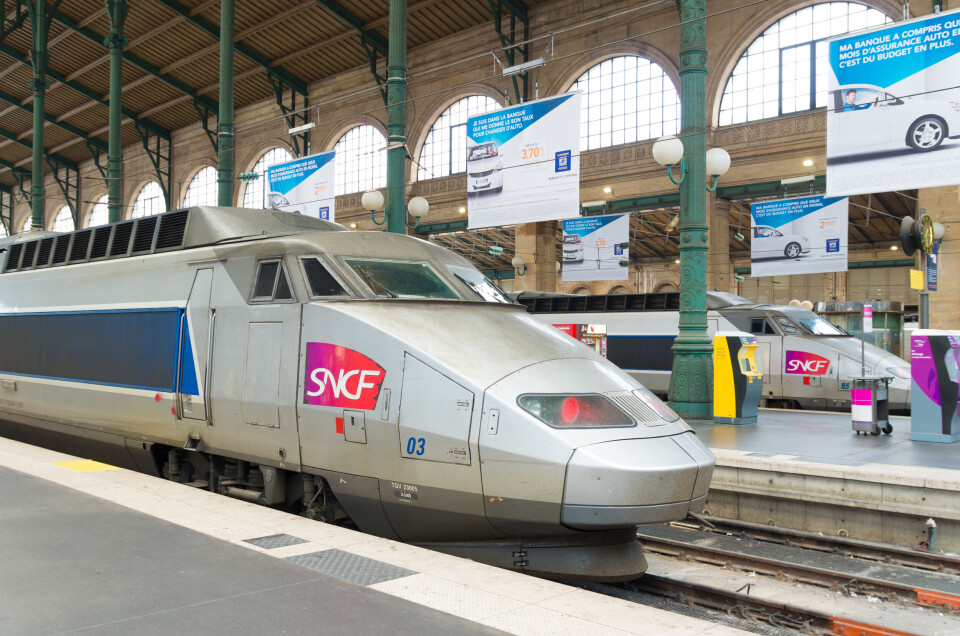-
How many Americans live in Paris - and where else are they choosing in France?
Over a quarter of all US nationals in France live in the capital city
-
Price rises for Netflix in France
The Standard (with ads) and Premium packages are increasing by €24 a year
-
Useful vocabulary to help understand your French income declaration
These 25 words and phrases are likely to crop up
Tax aviation and roads to fund French rail upgrades, says SNCF boss
France wants to invest €100 billion to improve its railway network. But there are questions marks over where the funding is going to come from

The head of France’s state-owned railway company SNCF has suggested taxes on air and road transport to fund improvements to modernise and renew the country’s train network.
In February, Prime Minister Élisabeth Borne announced a plan to invest €100bn in France’s railways between now and 2040.
The operator’s CEO Jean-Pierre Farandou told parliament on Wednesday (April 12) that France must call on all available sources to fund the improvements.
He said taxes from transport “with the most negative impact on the environment” could in part “be used to fund the railways”.
“I am thinking of the aviation [sector], I am thinking of heavy goods vehicles and we also have motorways which are a significant source of funding”.
Read also: Macron announces RER commuter train project for 10 French cities
Read also: Strikes, Eurostar offer, Brittany Ferries: Eight French travel updates
Mr Farandou said “new European taxation on carbon quotas” could also help increase annual investment from its current “insufficient” €2.8 billion to €4 billion. He added this hike would “keep the whole network in a good state”.
He also asked for a “multi-year” funding law to guarantee the investment that Ms Borne promised in February.
Read also: Train ticket prices in France could go up for a second time this year
The plan announced by Ms Borne in February aims to modernise the network, which she said would result in “more trains, increased punctuality, and shorter train journeys”.
The funding is part of her future transport plan which would see further development of everyday transport and making the network carbon neutral.
🔴 DIRECT 🗣"Depuis bientôt 6 ans, nous avons suivi deux orientations majeures. La première c'est le développement des transports du quotidien. La seconde ambition, c'est la décarbonation."
— franceinfo (@franceinfo) February 24, 2023
Elisabeth Borne présente les contours du plan d'avenir pour les transports. pic.twitter.com/FwHKpuBHgm
The flagship project is regional express train services, including the RER urban train services promised by President Emmanuel Macron. While part of the funding for these networks will come from the government’s promised €100 billion, local authorities are also set to contribute.
The aim is to have trains “every 15 minutes,” said Mr Farandou, to “irrigate” large cities. The SNCF will also give funding in line with “its real but limited ability to pay,” with one “red line: not to once again fall into a deficit”.
Related Articles
Super-fast and autonomous, France’s SNCF eyes trains of the future
40 years of TGV: the train that changed the face of French rail travel
























